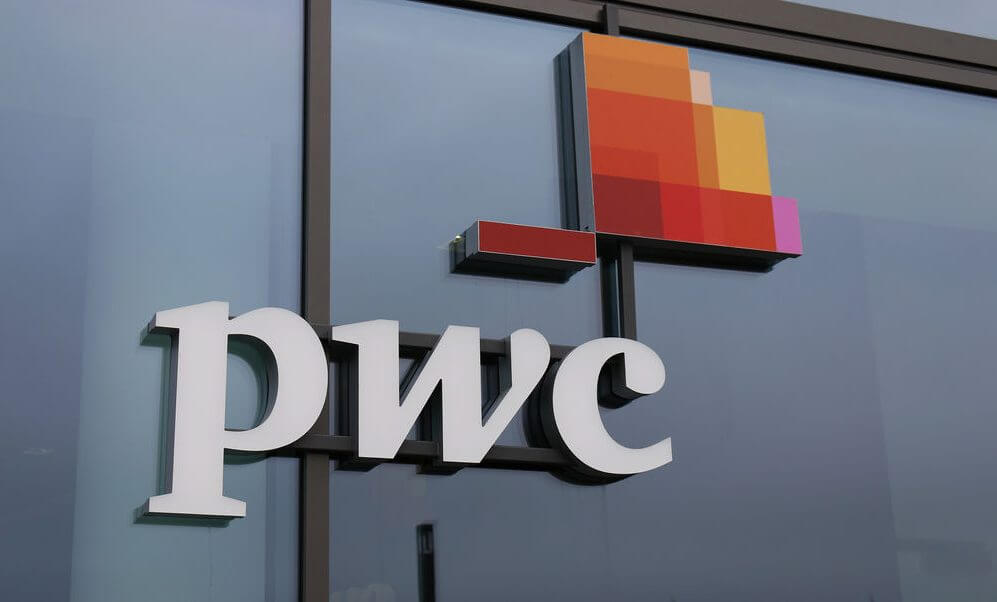advertisement
PwC Unveils 2021 EA Family Business Survey ‘From Trust To Impact’

PwC has today launched the Family Business survey at a time when the East African family businesses have seen mixed performance over the last financial year (pre-COVID-19), with 46 per cent experiencing growth and 31 per cent seeing a sales reduction. 53 per cent of East African family businesses (FBs) report that COVID-19 led to a reduction in sales, slightly higher than global FBs (46 per cent). East Africa family businesses are more optimistic in 2021, with 60 per cent of East African family businesses expecting to see growth, and very positive from 2022 (91 per cent expecting growth).
The key priorities facing East African family businesses over the next two years are expanding into new markets, client segments, increasing use of new technologies, improving digital capabilities, introducing new products and services, the increasing use of new technologies, improved digital capabilities and rethinking their business models.
The survey results show that levels of trust, transparency and communication are felt to be quite high in family businesses in East Africa. Just under three quarters of East African family businesses feel they have a clear sense of company and/or family values and these values have helped a clear majority during the COVID-19 pandemic even if only 39 per cent have their values and company mission documented in written form.
advertisement
Levels of trust, transparency and communication are felt to be quite high. Trust within the family, trust in their suppliers and customers, and trust between their businesses and other stakeholders are sustaining features amongst these businesses, especially during periods of significant disruption.
Michael Mugasaa, Partner and Entrepreneurial & Private Business Leader at PwC says,‘The strong fundamentals that are the hallmark of family businesses – commitment to values, long-term thinking, sensible leverage – puts them in a strong position for faster recovery from the pandemic disruptions. More so, because family businesses tend to be trusted businesses and, in most sectors, they are very resilient.’
East Africa family businesses are slightly more likely to have at least one issue related to sustainability or the local community as a key priority, compared to global respondents. 83 per cent of East African family businesses engage in some form of social responsibility activities. This tends to involve contribution to the local community or traditional forms of philanthropy. Only a quarter (25 per cent) of these businesses have a developed and communicated sustainability strategy.
advertisement
Future intentions are more encouraging though with 64 per cent of East African family businesses saying there is an opportunity for family businesses like theirs to lead the way in sustainable business practices.
Growth and legacy
Family businesses in East Africa are rising to the challenge at a time when financial uncertainty has already impacted many of their forecasts. Whilst 60 per cent anticipate growth in 2021, a much higher percentage – 91 per cent – expect that their businesses will grow in 2022, an impressive level of optimism that we may find tempers over time in response to changing circumstances on the growth.
advertisement
Cedric Mpobusingye, Partner at PwC Uganda says, ‘The key indicators for a business’s agility and responsiveness include the ability to forecastand model different potential outcomes, depending on an investment strategy or a product launch’s reception or possible disruptions to the supply chain. Modelling exercises and scenario planning can help identify weak links, such as a lack of internal capabilities or appropriate systems, or certain risks to the brand and/ or reputation in the market.’
Impact & purpose: Translating ambition into action
Family businesses tend to be trusted businesses, by reputation. Many of them contribute directly to local economies through employment and tax revenue, their brands are seen as ‘home-grown’ and their owners and founders are highly credible and well known. Going forward, it’s clear that sustainability is going to be a very important issue in the East Africa region.
Michael Mugasa says, “Sustainability tends to be associated with the environmental aspect of the Environmental, Social and Governance (ESG) agenda, but an organisation’s contributions to society and good governance practices also form parts of the ESG agenda.”
Getting ahead of the digital curve
Several of family business owners’ key priorities over the next two years are associated with the digital age, or fourth industrial revolution, currently underway. Over half of our East Africa respondents indicate that that will increase their use of new technologies and improve digital capabilities, and several of their other priorities such as expanding into new markets or client segments or introducing new products and services, or even reimagining how they measure success or invest in innovation, may require next-level technologies and digital capabilities.
Family dynamics: holding up a mirror
According to our East Africa Family Business Survey, 44 per cent of respondents indicate that not all family members share similar views about the company’s direction even though 72 per cent agree that family members communicate regularly about the business. Strong family and business values form the foundation of an effective decision-making and prioritisation process. Nearly three-quarters of our East Africa respondents indicate that the family owning the business has a clear set of family values, and 70 per cent report that at a company level, there is also a clear sense of values and purpose.